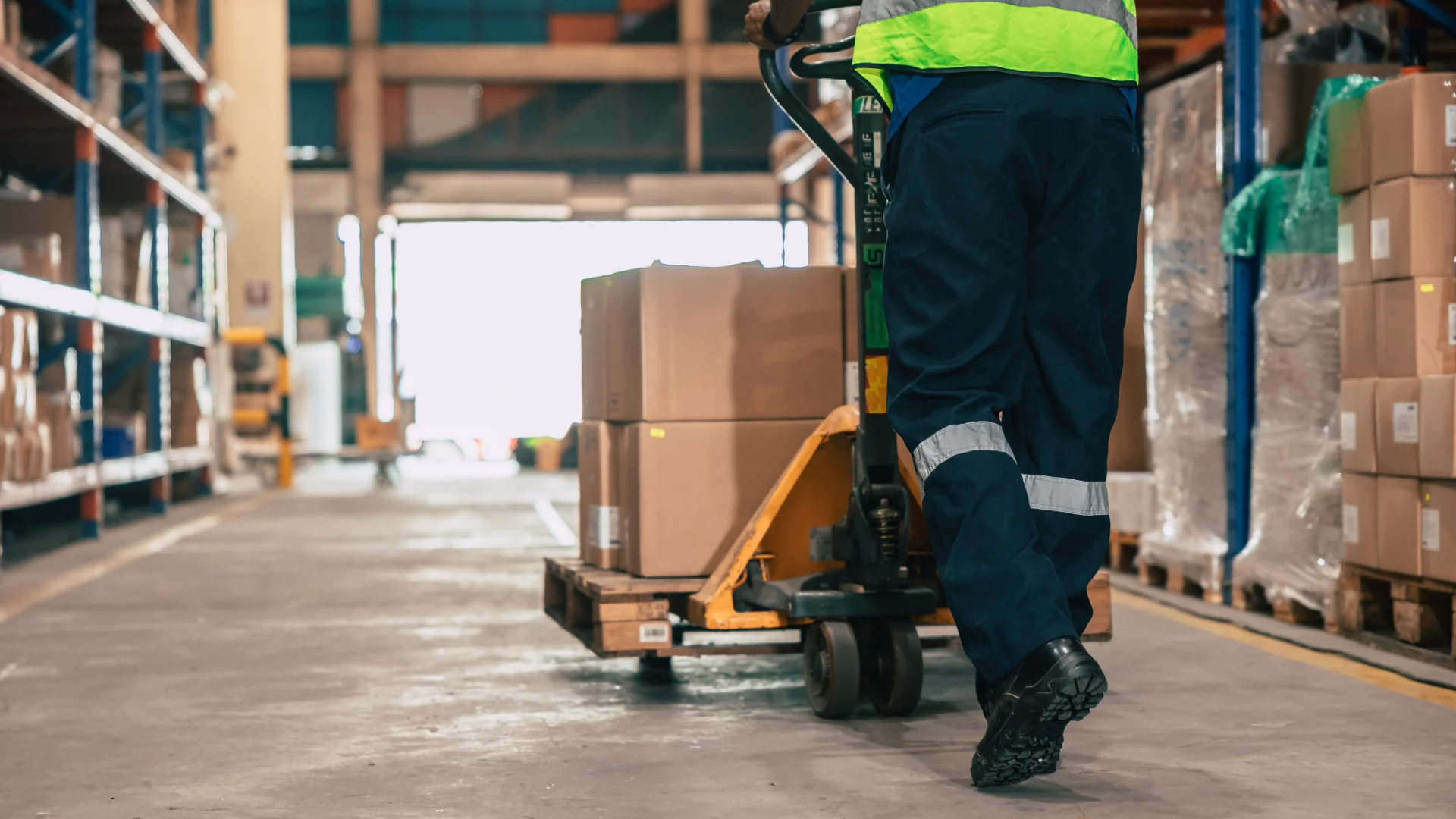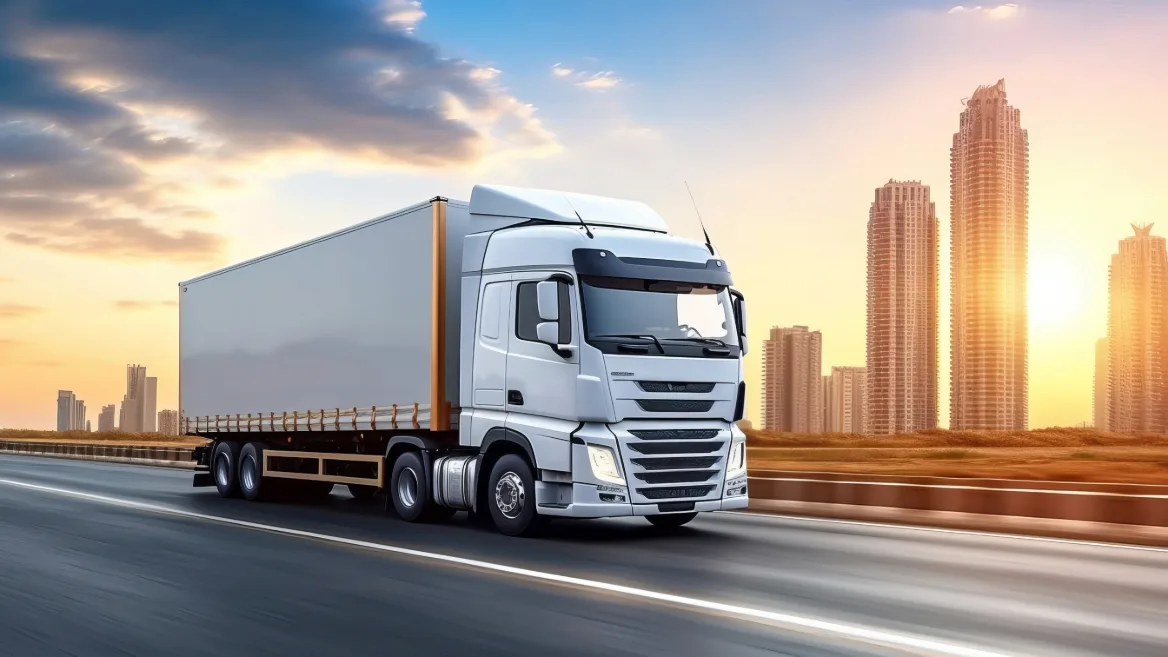The latest UK Budget brings some important updates that haulage businesses need to prepare for.
Here’s a breakdown of the key points and what they mean for your operations, from tax changes to EV incentives.
1. Fuel duty freeze
Good news for hauliers: the government will keep the current fuel duty freeze in place through 2025. This means the 5p cut on petrol and diesel remains, offering some relief amid rising operational costs.
By maintaining this rate, hauliers can continue managing fuel costs without unexpected increases for another year.
2. Tax increases on company vehicles
For haulage companies using company vehicles, new Benefit-in-Kind (BIK) tax rates could have an impact.
- Fully Electric Vehicles: BIK tax for zero-emission vehicles will rise by 2% annually, reaching 9% by 2029/30. Although gradual, this increase should be factored into budget plans, especially for fleets moving to electric.
- Plug-in Hybrids: Plug-in hybrid vehicles (PHEVs) will see much larger BIK hikes of up to 19% by 2029/30, depending on emissions and electric-only range. For companies still relying on PHEVs, this may drive consideration towards fully electric alternatives.
3. Increased support for EVs
The government is investing in sustainable logistics push towards electric fleets, with incentives that could benefit hauliers ready to transition to electric.
- Extended EV Allowances: First Year Allowances on electric vehicles and charging points are extended for another year, which means hauliers can continue to deduct 100% of the cost of qualifying EVs and infrastructure from profits.
- Funding for Charge Points: £200 million will be invested in 2025/26 to increase the number of EV charge points, including support for local councils to add on-street chargers across England. This will make it easier for haulage fleets to access EV charging as the network grows.
- EV Van Grants: There will also be £120 million in grants to help businesses purchase electric vans, further supporting the shift to zero-emission fleets.
4. Vehicle Excise Duty (VED) adjustments
The budget has frozen VED rates for zero-emission vehicles until 2030.
Meanwhile, higher rates are coming for vehicles in all other emissions bands starting April 2025.
This shift means that investing in zero-emission vehicles could save businesses on VED costs in the long term.
5. Employer National Insurance changes
Employer National Insurance contributions will increase from 13.8% to 15% starting April 2025.
The payment threshold will also lower, which means haulage businesses will begin paying NI on workers’ earnings from £5,000 instead of the current £9,100 threshold.
This may lead to higher costs for businesses, affecting everything from wages to recruitment planning.
6. Road maintenance boost
In a positive move for haulage, the government has committed an extra £500 million for road maintenance, aiming to fix an additional one million potholes annually across England.
This funding increase means local councils can take on more preventative maintenance, improving road quality and potentially reducing wear and tear on haulage vehicles.
Final thoughts
These updates reflect the government’s ongoing support for zero-emission vehicles and infrastructure while also tightening tax rules around traditional vehicles.
For haulage businesses, it’s essential to plan for increased operating costs, particularly with upcoming changes in fuel, VED, and NI contributions.




